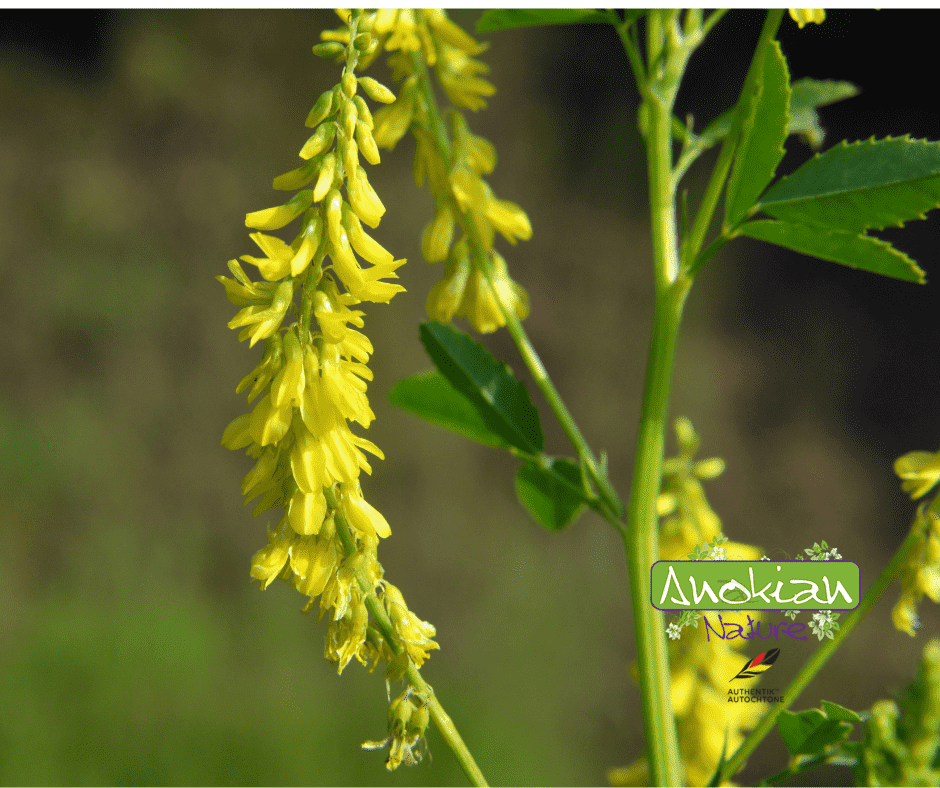Skip to product information










Seed | Sweet Clover
$3.99 CAD
Quantity
Sweet Clover improves the structure of compacted soils thanks to its deep roots. It is an excellent green manure and a honey plant prized by pollinators.